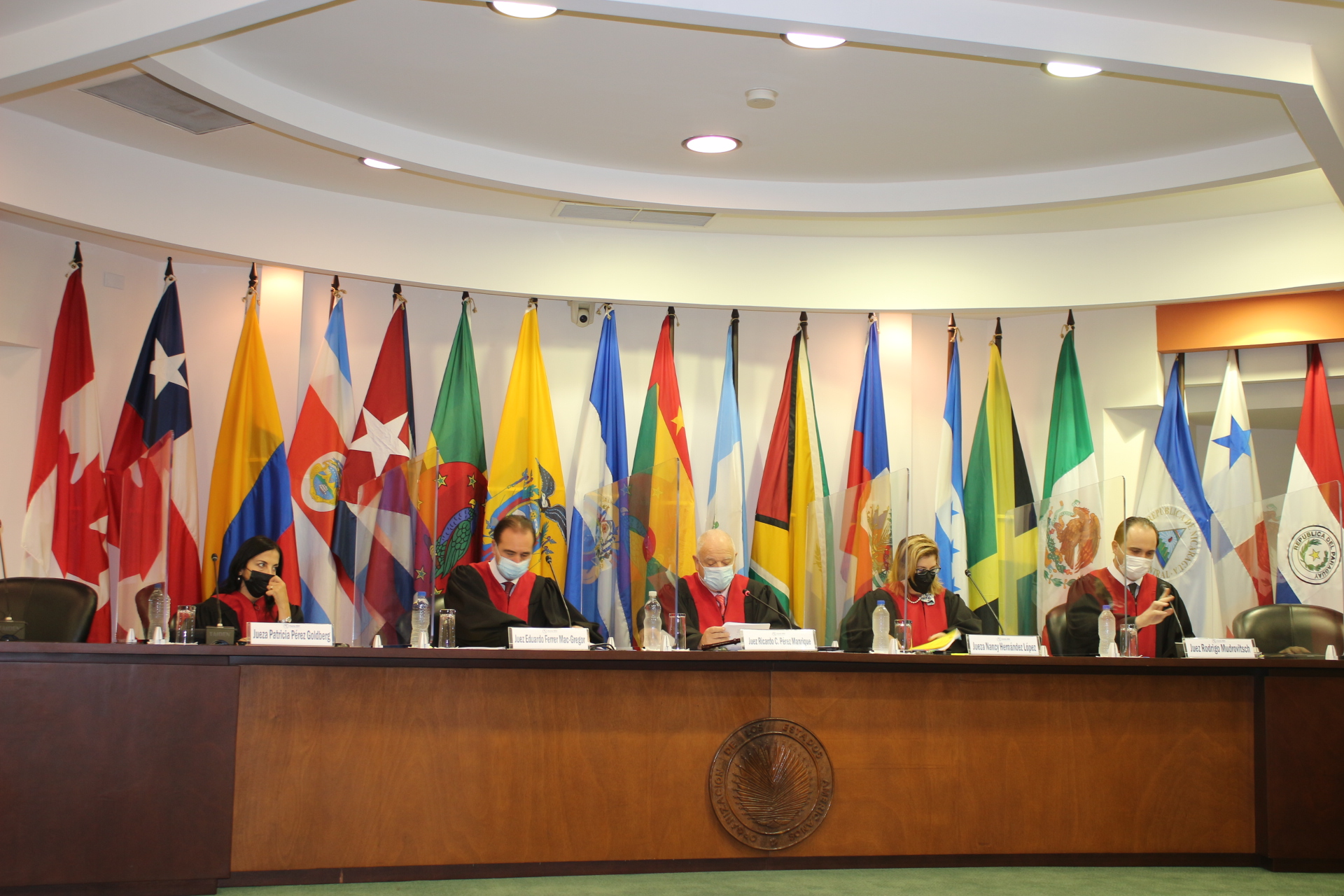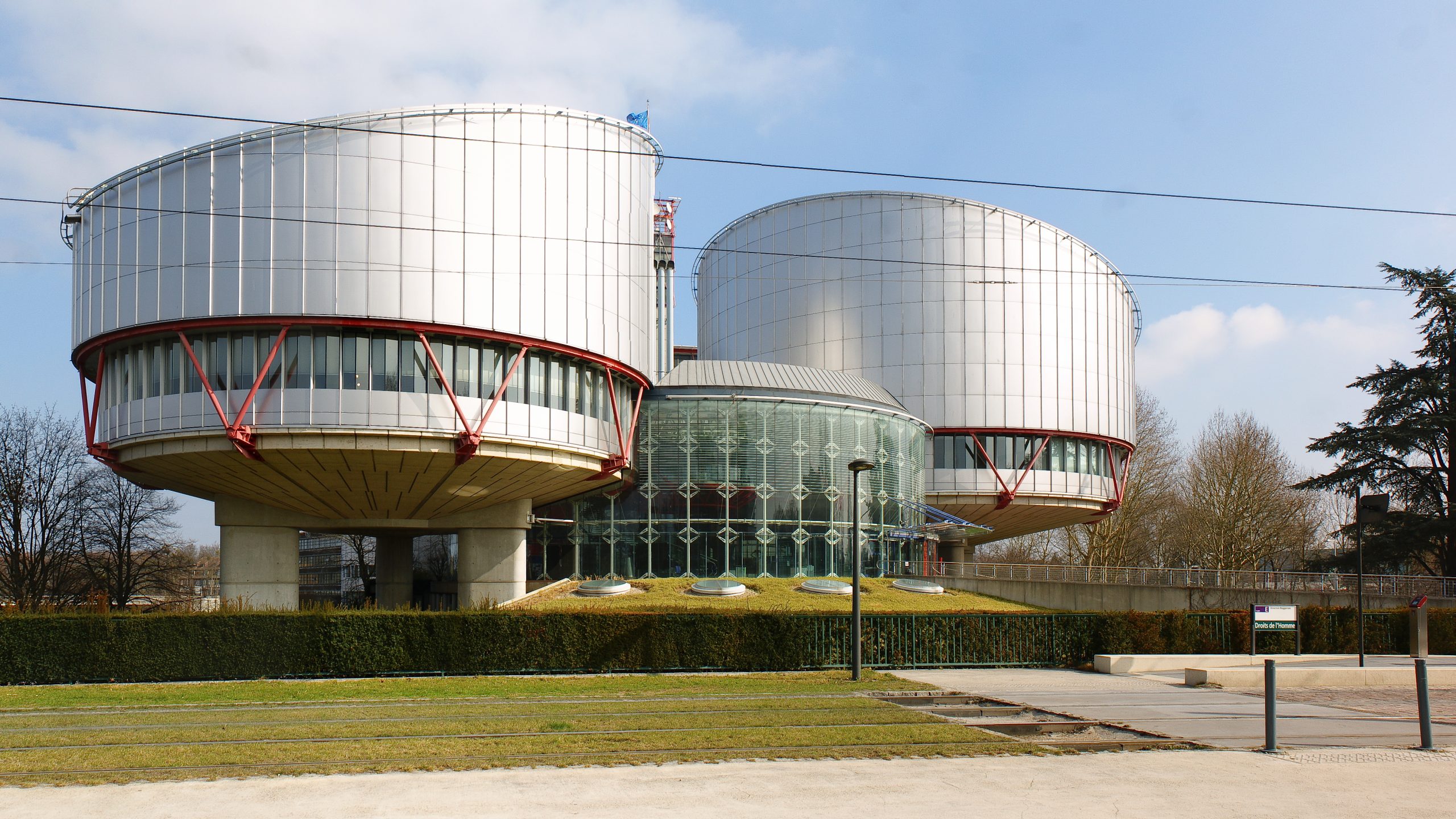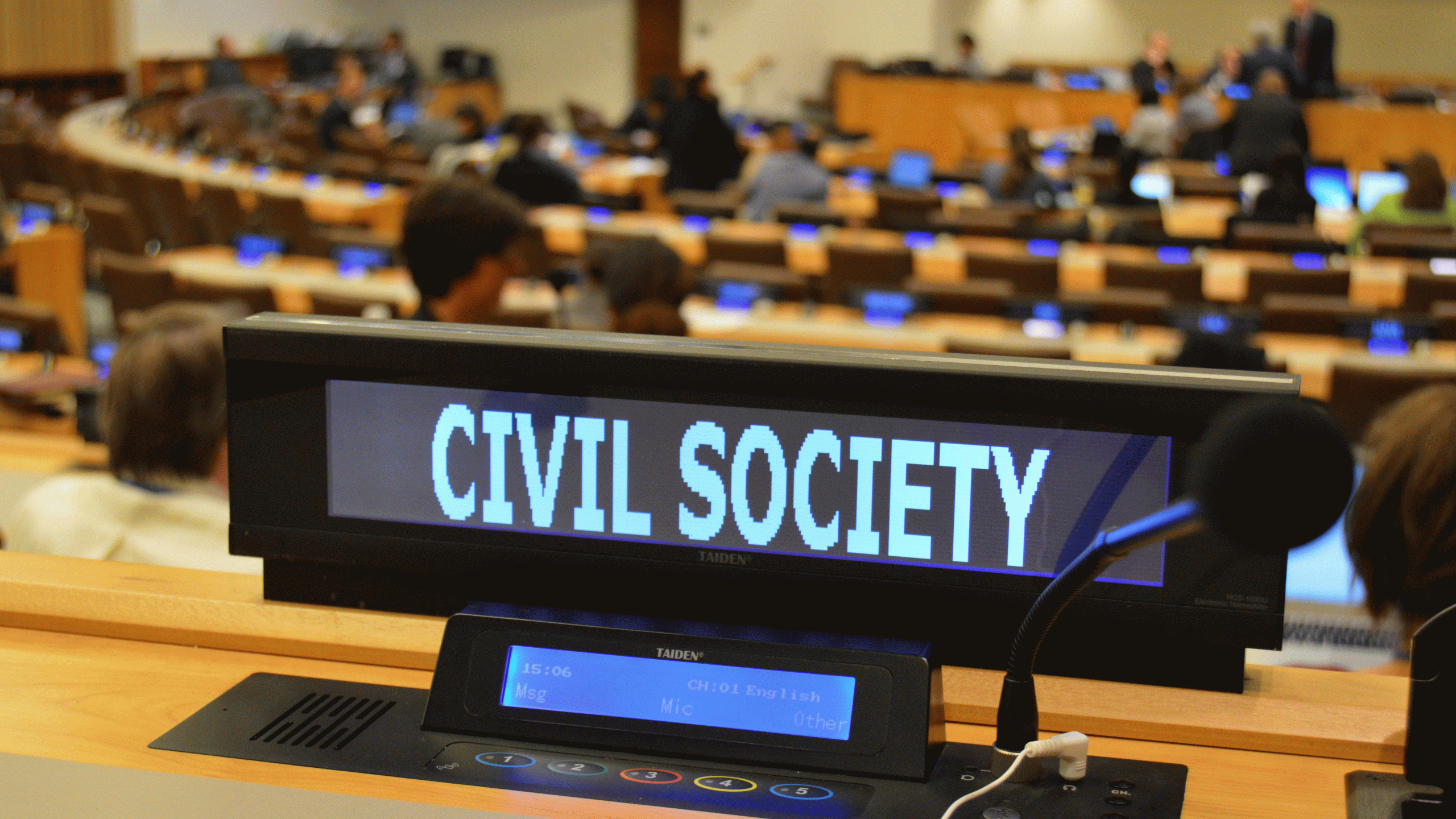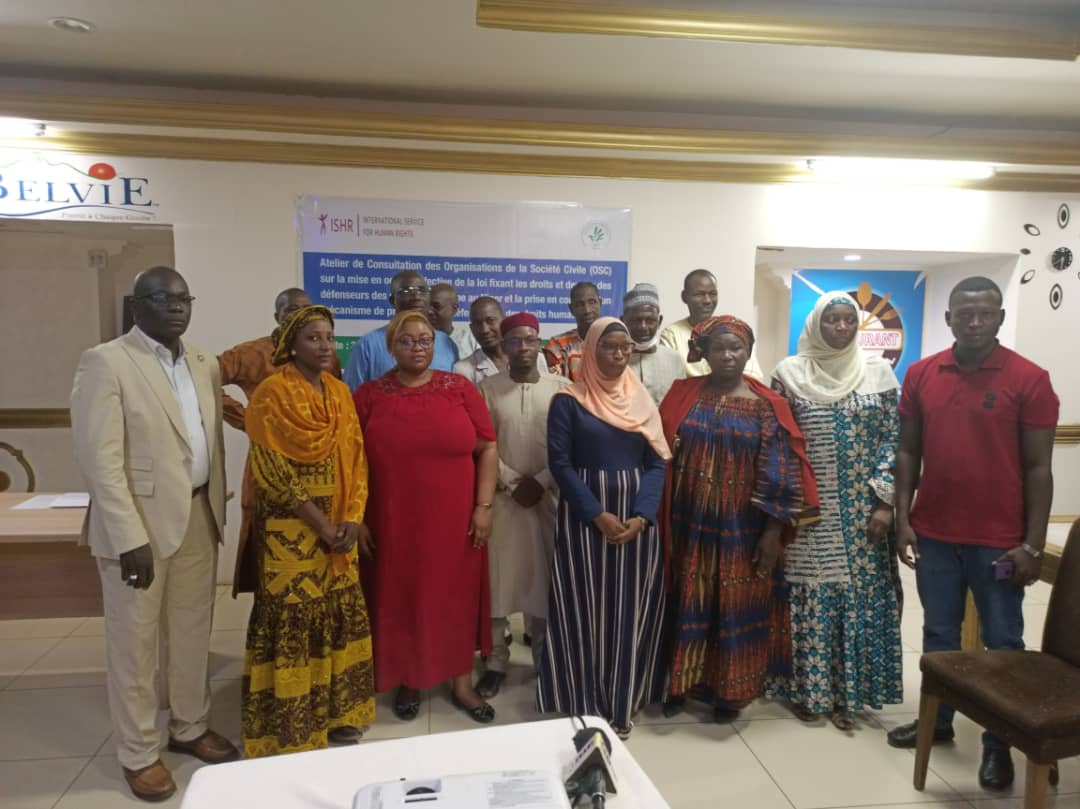A law in Russia requires that an NGO receiving foreign funding and engaging in ‘political activity’ register as a ‘foreign agent’. ‘Foreign agents’ not only have to comply with cumbersome financial and reporting requirements, but the negative stigma associated with this label have been described as debilitating.
After submitting a report to the UN Committee Against Torture, Anti-Discrimination Centre (ADC) Memorial – an NGO at that time operating in Russia – was required to register as a foreign agent on the basis that submitting the report constituted ‘political activity’.
Following this, ADC Memorial brought a case against Russia in the European Court of Human Rights alleging that the administrative consequences associated with being labeled a foreign agent violate the rights to freedom of expression and association protected by the European Convention of Human Rights.
‘This case raises issues regarding meaningful protection the European Convention on Human Rights provides individuals exercising their right to freedom of expression and association with international human rights bodies and mechanisms’, says ISHR’s Legal Counsel Tess McEvoy. ‘It also demonstrates a serious and systematic human rights problem of reprisals and intimidation against those cooperating with the UN.’
ISHR submitted a third party intervention in the case of ADC Memorial. ‘The intervention is designed to assist the Court by providing an extended analysis of the scope of the rights to freedom of expression and association in international law to inform the interpretation of the European Convention on Human Rights’, McEvoy states.
The analysis concluded that accessing and communicating with the UN is protected under the rights to freedom of expression and association enshrined in the European Convention on Human Rights, and that reprisals and intimidation against those cooperating with the UN would violate those rights.
‘It is vital that human rights defenders have the ability to communicate, publish and disseminate information to international human rights institutions to effectively promote and protect human rights. We call on the European Court to ensure that right is protected’.
UPDATE (January 9, 2019): In September 2017, Russia’s Ministry of Justice responded to the allegations in this case. Russia’s response alleges that their Foreign Agents Law is similar to other laws on this matter, such as those from the United States and the European Union. It also disagreed on the level of harm NGOs suffer once branded as a ‘foreign agent’. In response, in early 2018 the Applicants provided additional evidence of restrictions and harms to their activities following being labelled a ‘foreign agent’. It also pointed to the differences between the Russian law and the laws referred to in Russia’s response, demonstrating that the Russian law seeks only to limit the activities and rights of NGOs and their employees.
Now that there have been responses from both sides, the Court is investigating the alleged violations.
ISHR calls on the European Court of Human Rights to find the Foreign Agents Law as a major violation of the Convention and to push for its repeal. Concurrently, the Court should order reparations for NGOs that have suffered from fines and burdens imposed on them under the law. This case provides the Court with an opportunity to greatly assist NGOs around the world through its determination.




